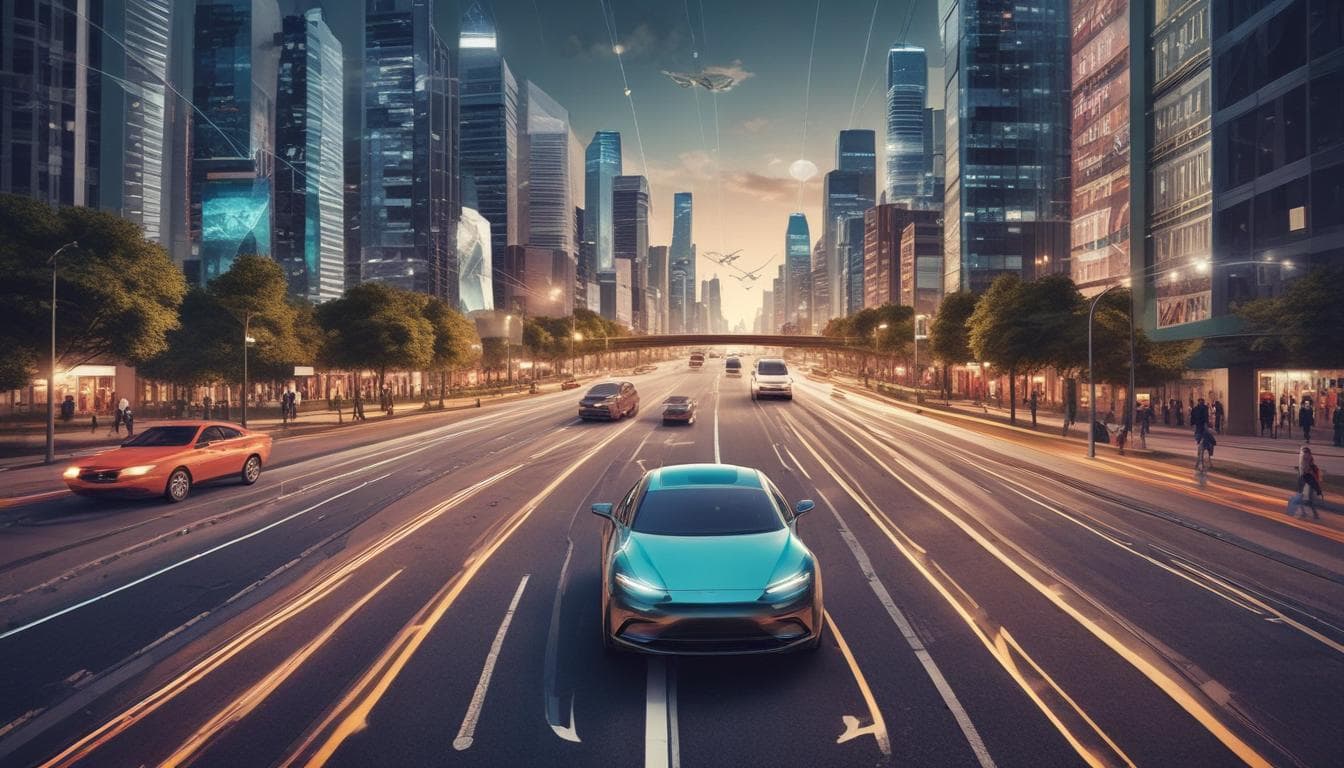With the rise of AI in vehicles, how might the concept of "classic car" evolve? Will future generations cherish self-driving, AI-powered vehicles the same way we value vintage automobiles today? What factors will determine a car's "classic" status in a world of rapidly advancing technology?
This is a fascinating discussion! The concept of what defines a "classic car" has always been tied to factors like design, performance, cultural significance, and the nostalgia they evoke. With the rise of AI technologies and self-driving vehicles, the definition of a classic car could indeed evolve significantly in the coming decades.
1. Design and Aesthetics: Just as the flowing curves of a '57 Chevy or the boxy charm of an '80s BMW hold aesthetic and nostalgic value, future classic AI-powered vehicles might be celebrated for their cutting-edge designs or the way they represent an era of innovation. Manufacturers might even create unique, limited-edition autonomous cars specifically designed to stand out as future classics.
2. Technological Milestones: Vehicles pioneering game-changing advancements could also achieve classic status. For example, the Tesla Model S, often considered the car that revolutionized the EV market, might one day be viewed as a classic due to its historical significance. Similarly, an AI-powered car that marks a major shift in autonomous technology could gain iconic status. If you're interested in how these advancements reshape industries, you might find this article on the AI revolution in automotive insightful.
3. Nostalgia vs. Future Functionality: Nostalgia will likely still play a role, but the emotional attachment might shift. Traditional classic cars are cherished for their mechanical simplicity and the direct connection they offer between driver and machine. Future classics could instead be celebrated for the innovative experiences they provide—perhaps their ability to drive families cross-country in easy comfort or their integration with the Internet of Things (IoT). To explore this idea, this piece about the convergence of EVs and IoT offers some thought-provoking insights.
4. Cultural Impact: Cars that represent cultural shifts or are tied to major lifestyle changes will always pique collector interest. As the automotive industry moves toward Mobility-as-a-Service (MaaS) and subscription-based ownership models, vehicles that encapsulate the transition from personal ownership to shared mobility systems might gain sentimental value in the future. This article on the future of automotive through MaaS delves into these changes in detail.
Ultimately, tomorrow’s classics might tell the story of how we transitioned into a fully autonomous, AI-integrated world—not just as objects of nostalgia, but as pivotal instruments of change in human history. Still, I’d love to know: which current vehicles do you think have the potential to become future classics in this regard?
このトピックについてさらに詳しく探る
会話に参加する
- 自動運転車が地方都市を救う?未来の都市像を一緒に考えよう!
自動運転車の普及が地方都市にもたらす影響について、交通インフラ整備、地域経済、住民生活の変化など多角的な視点から議論しましょう。未来の都市像を共に描き、活性化の鍵を探るための意見交換の場です。
- 車が感情を持ったら?未来の移動体験を想像しよう!
もし車が感情を持つようになったら、私たちの生活はどう変わるのか?自動運転技術の進化によって、車は私たちの感情を理解するパートナーになるかもしれません。喜び、悲しみ、興奮など、感情を共有する未来の移動体験について語り合いましょう。
- 車が夢を見たら?:自動運転車と夢の共有が未来を変える?
自動運転車が夢を見る未来…車のAIが人間の感情や記憶を学習し、夢を共有できるようになったら、私たちの生活はどう変わる?車から得られる情報やインスピレーションの可能性とは?





